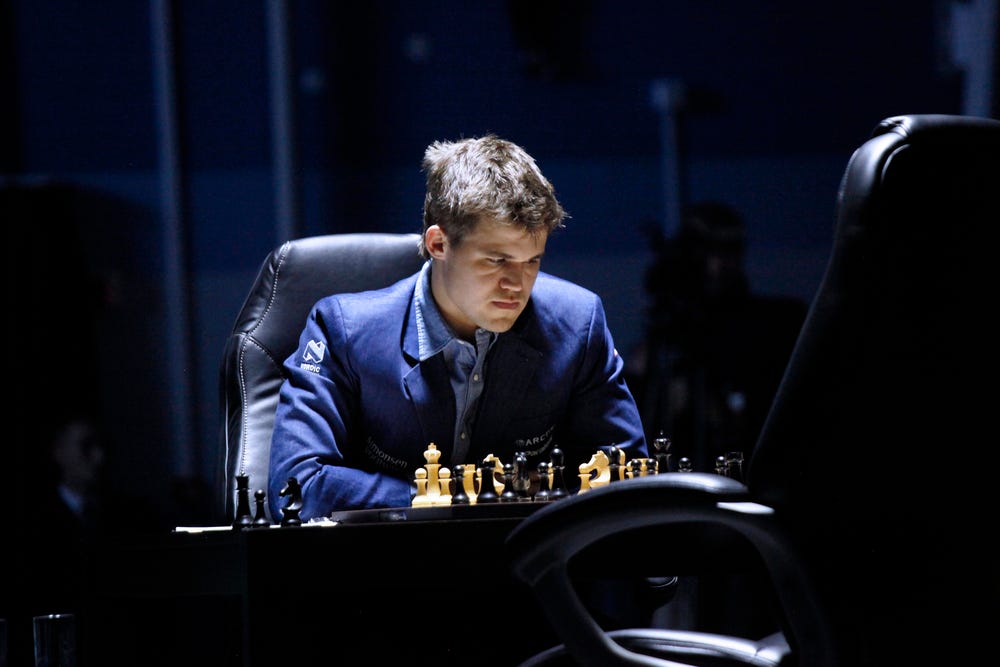In the intricate world of 64 squares, where strategy and foresight reign supreme, one name consistently rises above all others: Magnus Carlsen. His recent triumph at Norway Chess 2025 marks his seventh victory in this prestigious tournament, a feat that would typically be met with unreserved adulation for any other Grandmaster. Yet, with Carlsen, the narrative is often more nuanced, tinged with a peculiar paradox. He is, by all accounts, the undisputed best chess player on the planet, a status he maintains even while openly expressing a waning interest in the very format that largely defines his greatness: classical chess.
This situation presents an intriguing spectacle. Here stands a titan, capable of dissecting the most complex positions with surgical precision, who admits to having “lost interest” in classical chess, even going so far as to muse about reconsidering his future in the format midway through the tournament he just won. One might imagine such an admission would lead to a dip in performance, a momentary lapse in his otherwise unblemished record. Instead, Carlsen simply adds another trophy to his already overflowing cabinet, demonstrating a level of superiority that transcends mere motivation. It`s almost as if he wins not because he wants to, but because he cannot help but be the best.
Such nonchalance might be misconstrued as arrogance, but it`s more accurately a reflection of a mind operating on a different plane. While other top players dedicate their lives to mastering classical chess, Carlsen, it seems, has already achieved peak mastery and is now wrestling with the inherent challenge of finding continued engagement. “What`s the point?” he pondered after a particularly frustrating game. This isn`t a cry of surrender, but rather the existential question of a genius who has solved the puzzle and is now looking for a new one.
Indeed, flashes of his legendary competitive fire still burn bright. His rare loss to reigning world champion Dommaraju Gukesh at Norway Chess saw Carlsen react with an uncharacteristic, almost volcanic display of emotion—slamming the table, an audible “oh my God,” and a swift exit from the hall. It was a stark reminder that beneath the veneer of disinterest lies an insatiable hunger for perfection. To err, particularly in a winning position, is an anomaly he simply cannot tolerate, regardless of his declared affections for the format. This dramatic outburst was a confession: his competitive spirit, even when declared dormant, is very much alive and well.
For Carlsen, the ultimate adversary isn`t the player across the board; it`s a version of himself – “Carlsen vs. Carlsen.” He has often articulated a desire for a tournament score that truly reflects his conviction of being “significantly better at chess.” This internal metric, far more demanding than any external competition, is what drives him. When he feels he hasn`t met this impossible standard, even a tournament victory can feel bittersweet, a testament to his relentless pursuit of an elusive, perfect game.
And yet, despite these internal struggles, his brilliance continues to manifest in ways that leave commentators and peers alike speechless. The game against Arjun Erigaisi, where Carlsen, from an almost lost position, engineered a complete turnaround within a mere six moves, speaks volumes. It`s a display of strategic foresight and tactical wizardry that few, if any, players in history can emulate. He doesn`t just play the board; he orchestrates it, twisting the fabric of probabilities to his will.
What then does Carlsen`s unique relationship with classical chess mean for the sport? Does it signal a need for new formats that reignite the passion of its brightest star? Or does it merely underscore the immense, perhaps unbridgeable, chasm between Carlsen and the rest of the chess world? Whatever the implications, one thing is clear: Magnus Carlsen doesn`t just participate in chess; he dictates its terms, even his own. His genius isn`t confined to wins and losses, but to the sheer, undeniable force of his presence. He is the king, and it appears he will continue to rule, whether he feels like it or not.

